Obsessive-compulsive disorder (OCD) is a mental health disorder affecting millions worldwide.
People with OCD experience persistent and intrusive thoughts, mental images, or impulses that cause anxiety or distress. They engage in repetitive behaviors or acts they feel compelled to perform to cope with these unwanted thoughts.
OCD can interfere with a person's daily life, relationships, work, and well-being.
What Is OCD?
Obsessive-compulsive disorder (OCD) is a lasting condition where people deal with uncontrollable, repetitive thoughts (obsessions) and engage in repetitive behaviors (compulsions). These symptoms, which take up a lot of time, can cause significant distress and disrupt daily life. The good news is that effective treatments are available to help individuals manage their symptoms and improve their overall quality of life
What Are the Types of OCD?
Obsessive-compulsive disorder (OCD) can be classified into different types based on the nature of the obsessions and compulsions. Some of the common types of OCD are:
Contamination OCD
Contamination OCD involves a fear of being contaminated by germs, dirt, chemicals, or other perceived contaminated substances.
People with this obsessive-compulsive disorder may have compulsions such as excessive hand washing, cleaning, or avoiding contact with certain objects or places.
Harm OCD
Harm OCD type involves a fear of harming oneself or others, either intentionally or accidentally.
People with Harm OCD may have intrusive thoughts or mental images related to violence, aggression, or suicide. They may perform compulsions such as avoiding sharp objects, weapons, or situations that could trigger their thoughts.
Symmetry and orderliness OCD
Symmetry OCD involves a need for things to be arranged in a certain way or to follow a specific pattern or rule.
Symmetry and orderliness OCD symptoms can come from compulsive behaviors like arranging things in a certain order, compulsive counting, repeating actions, or aligning objects until they feel just right.
Forbidden thoughts OCD
Forbidden thoughts obsessive-compulsive disorder involves unwanted thoughts considered taboo, immoral, or unacceptable by one's or society's standards.
People with this type may have obsessive thoughts about sexuality, religion, morality, or identity and may perform compulsive behaviors such as mental rituals, avoidance, or suppression of thoughts.
Hoarding OCD
Hoarding obsessive-compulsive disorder involves difficulty discarding or parting with possessions, regardless of their value or usefulness.
People with this type may have obsessions about losing items, needing items for future use, or having emotional attachments to items. They may also have compulsions such as acquiring, saving, or organizing more items.
Checking OCD
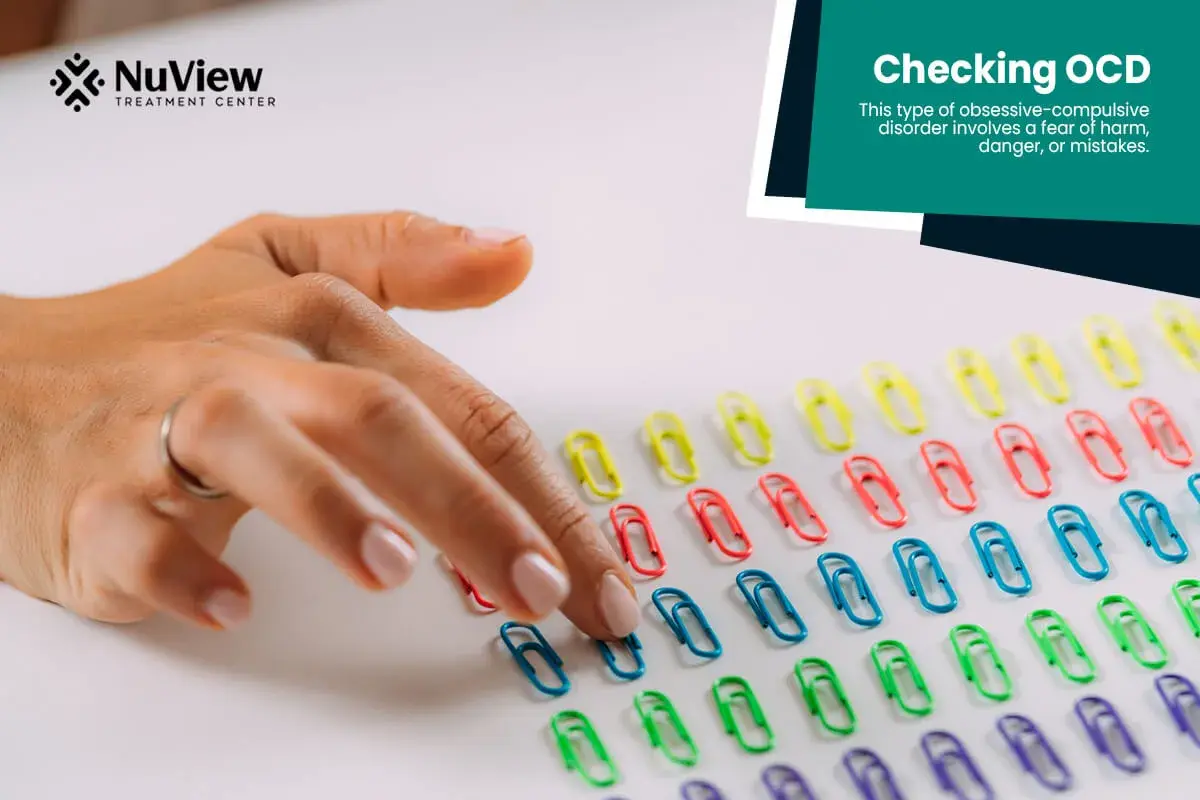
This type of obsessive-compulsive disorder involves a fear of harm, danger, or mistakes.
People with checking OCD may have compulsions such as repeatedly checking locks, appliances, switches, or their own body for signs of injury or illness. They may also seek reassurance from others or doubt their memory or perception.
Note: These are some common types of obsessive-compulsive disorder.
The types of OCD are not mutually exclusive, and some people may have more than one type of OCD.
Also, OCD symptoms can vary in severity and frequency.
Get Started With Nuview Treatment Center
Our dedicated professional staff is here to guide you or your loved one on the journey to lasting recovery, offering support every step of the way.
What Are the Signs and Symptoms of OCD?
Signs and symptoms of OCD come in the form of obsessions and compulsions, which can interfere with a person's daily life, relationships, work, and physical health.
However, a person with OCD may also experience other symptoms such as anxiety, depression, irritability, difficulty concentrating or completing tasks, trouble sleeping or eating, and low self-esteem or feelings of guilt or shame.
They may also self-isolate or avoid people, places, or situations that trigger obsessions or compulsions.
Signs of Obsession
Obsessions are recurrent and persistent thoughts, images, or impulses that cause anxiety or distress. They are not simply worries about real-life problems but irrational and exaggerated fears or doubts out of proportion to reality.
They often involve themes or mental images of contamination, harm, doubt, order, religion, or sexuality. Some examples of common obsessions are:
Fear of germs or dirt
Fear of harming oneself or others
Doubt about whether one has locked the door or turned off the stove
Need for symmetry or exactness
Excessive concern with morality or religion
Unpleasant sexual thoughts or images
Signs of Compulsion
On the other hand, compulsions are repetitive behaviors or mental acts that individuals with OCD feel driven to perform. They are often aimed at reducing the distress caused by obsessions.
However, the compulsions are often excessive, irrational, or time-consuming and do not provide lasting relief. Some examples of common compulsions are:
Washing hands, showering, or cleaning excessively
Checking things repeatedly, such as locks, switches, or appliances
Counting, tapping, repeating words, or doing things in a certain order
Arranging things in a specific way
Praying, reciting phrases, or performing rituals
Hoarding or collecting items
What Are the Causes of OCD?
Obsessive-compulsive disorder (OCD) is a complex disorder involving biological, psychological, and environmental factors. While the exact causes of OCD aren't fully understood, some possible causes are:
Genetics
OCD tends to run in families, and studies have identified some genes that may be associated with the disorder. However, not everyone who inherits these genes develops OCD, and not everyone who has OCD has a family history of the disorder.
Brain structure and function
Brain imaging studies have shown that people with OCD have differences in the structure and activity of certain brain regions, especially those involved in emotion regulation, decision-making, and habit formation. These differences may affect how they process information and respond to stimuli.
Infection
Streptococcal infections like strep throat or scarlet fever may trigger some cases of OCD. This is more common in children and adolescents and is known as pediatric autoimmune neuropsychiatric disorders associated with streptococcal infections (PANDAS).
Trauma
Some people may develop OCD after experiencing traumatic events like abuse, violence, or loss. Childhood trauma can cause changes in the brain's stress response system and increase the sensitivity to perceived threats.
Learning
Some people may learn to associate certain thoughts or situations with anxiety or negative consequences through conditioning or modeling.
For example, if someone grows up in a household where cleanliness is emphasized and rewarded, they may become obsessed with germs and a compulsion to wash their hands frequently.
Get Started With Nuview Treatment Center
What Are the Risk Factors of OCD?
There is no single cause that makes a person develop OCD. However, certain factors may put people at higher risk, including:
Having a first-degree relative with obsessive-compulsive disorder (particularly if the relative developed OCD as a teen or a child)
Exposure to stressful or traumatic events like abuse, violence, or illness
Pediatric autoimmune neuropsychiatric disorders (PANDAS)
Certain personality traits like perfectionism, rigidity, or excessive concern for order and cleanliness
How Is OCD Diagnosed?
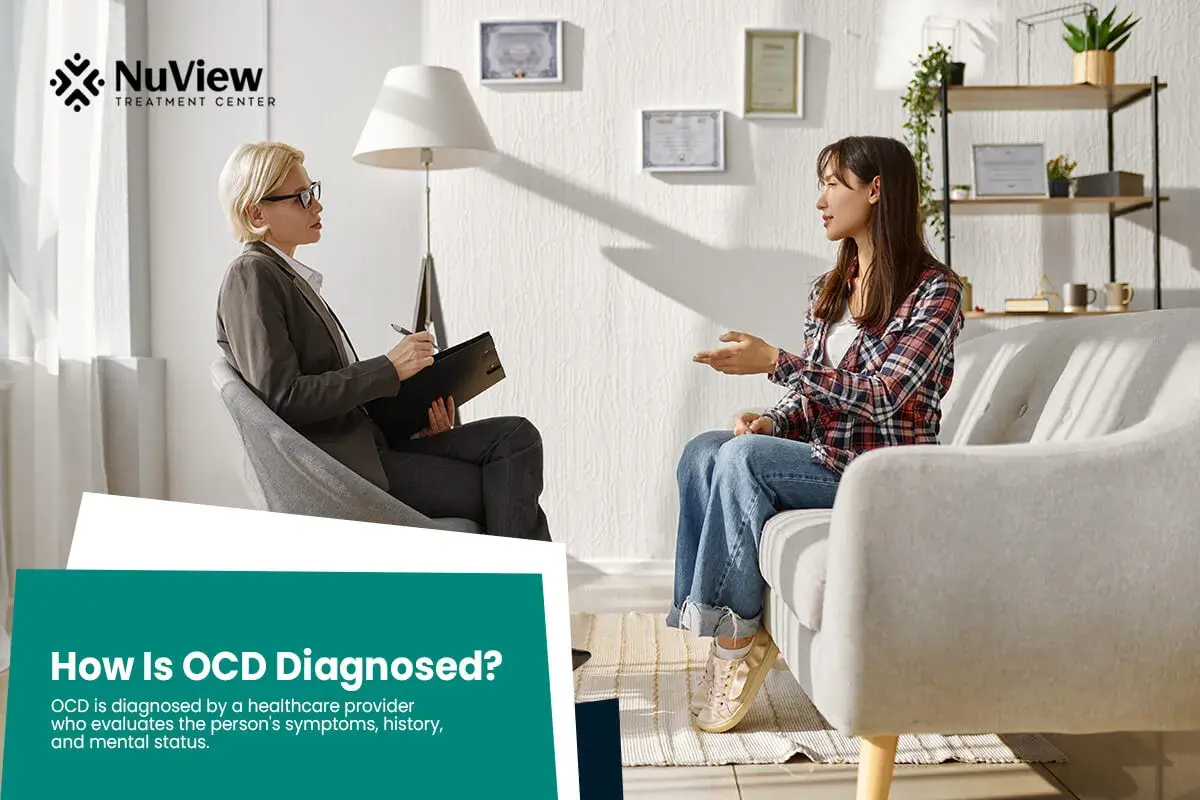
OCD is diagnosed by a healthcare provider who evaluates the person's symptoms, history, and mental status.
There is no specific test for obsessive-compulsive disorder. Still, mental health professionals may use standardized questionnaires or clinical interviews to assess a patient's medical history and the severity and impact of the person's obsessions and compulsions.
The provider may also rule out other mental disorders or medical conditions that could explain the person's obsessive-compulsive symptoms.
According to the Diagnostic and Statistical Manual of Mental Disorders (DSM-5), the criteria for an OCD diagnosis are:
The person has obsessions, compulsions, or both.
The obsessions or compulsions are often time-consuming (taking more than one hour per day) or cause significant impairment or distress in relationships, careers, or other important areas of functioning.
The obsessions or compulsions aren't due to the effects of a substance (drug of abuse or medication) or another medical condition.
The obsessions or compulsions are not better explained by another mental disorder (such as other anxiety disorders or body dysmorphic disorder).
What Are the Treatments for OCD?
OCD is typically treated using a combination of medication and psychotherapy. Various options are available for people who suffer from it.
The most effective treatments for OCD are:
Cognitive-behavior therapy (CBT)
Exposure and response prevention (ERP) is a specific form of CBT that is a highly effective treatment for OCD. It involves gradually confronting feared situations or thoughts without engaging in compulsive behavior.
In ERP, you are gradually exposed to your feared object or situation, such as dirt or germs, and taught to resist performing your compulsive rituals, such as washing your hands. This can help you reduce your anxiety and break the cycle of OCD.
Habit Reversal Therapy (HRT)
HRT is a behavioral therapy that identifies compulsive behaviors and replaces them with more adaptive responses.
While originally developed for treating conditions like trichotillomania (hair-pulling disorder) and skin-picking disorder, it can also be adapted for some individuals with OCD to help them recognize and change their compulsive patterns.
Medications
Medications can also help control the OCD symptoms. Most of the medications used for OCD are antidepressants, which work by increasing the level of serotonin in your brain.
Selective Serotonin Reuptake Inhibitors (SSRIs) are a class of antidepressants commonly prescribed to help manage OCD symptoms. They can help reduce the frequency and intensity of OCD symptoms.
However, your doctor may prescribe other antidepressants or psychiatric medications depending on your symptoms and response to treatment.
You may need to try different medications or dosages before finding the best one for you.
Note: It may take several weeks or months before you notice any improvement in your symptoms. You shouldn't stop taking your medication without consulting your doctor because this may cause withdrawal symptoms or relapse.
Deep Brain Stimulation
Deep brain stimulation may be considered in severe, treatment-resistant cases where psychotherapy and medications have not been effective. This involves surgically implanting electrodes in specific brain regions to modulate neural activity and alleviate symptoms.
DBS involves invasive brain surgery, so it's typically only recommended as a last resort for severe, treatment-resistant OCD cases.
Alternative or Complementary Therapies
Some individuals with OCD find relief through alternative therapies like mindfulness meditation, yoga, or dietary changes.
These therapies might work well for some individuals as adjuncts to traditional treatments, but they are generally not recommended as stand-alone treatments for moderate to severe OCD.
Take Control of Your OCD with NuView Treatment Center
OCD is a complex and challenging condition that can affect a person's life in many ways. However, with proper diagnosis and appropriate treatment, many people with OCD can manage their symptoms and lead fulfilling and productive lives.
If you or someone you know has OCD, do not hesitate to seek professional help and support.
NuView Treatment Center is here to help you regain control of your life. Our experienced professionals specialize in evidence-based treatments like Cognitive-Behavior Therapy (CBT) and Exposure and Response Prevention (ERP) to effectively manage OCD symptoms.
Don't let OCD dictate your life any longer. Contact NuView Treatment Center today to start on your journey toward recovery.
- What Is OCD?
- What Are the Types of OCD?
- What Are the Signs and Symptoms of OCD?
- What Are the Causes of OCD?
- What Are the Risk Factors of OCD?
- How Is OCD Diagnosed?
- What Are the Treatments for OCD?
- Take Control of Your OCD with NuView Treatment Center
- What Is OCD?
- What Are the Types of OCD?
- What Are the Signs and Symptoms of OCD?
- What Are the Causes of OCD?
- What Are the Risk Factors of OCD?
- How Is OCD Diagnosed?
- What Are the Treatments for OCD?
- Take Control of Your OCD with NuView Treatment Center
Get Help Today!
Labad, Javier, et al. “Female reproductive cycle and obsessive-compulsive disorder.” The Journal of Clinical Psychiatry vul. 66,4 (2005): 428-35; quiz 546. doi:10.4088/jcp.v66n0404
Moreira, P S., et al. “The Neural Correlates of Obsessive-compulsive Disorder: A Multimodal Perspective.”Translational Psychiatry, vul. 7, no. 8, 2017, p. e1224, https://doi.org/10.1038/tp.2017.189. Accessed 31 Aug. 2023.
“Obsessive-Compulsive Disorder (OCD).” National Institute of Mental Health (NIMH), www.nimh.nih.gov/health/statistics/obsessive-compulsive-disorder-ocd.
Palumbo, Donna, and Roger Kurlan. “Complex Obsessive Compulsive and Impulsive Symptoms in Tourette’S Syndrome.”Neuropsychiatric Disease and Treatment, vul. 3, no. 5, 2007, pp. 687-693, https://www.ncbi.nlm.nih.gov/pmc/articles/PMC2656307/. Accessed 31 Aug. 2023.
What Is Obsessive-Compulsive Disorder? www.psychiatry.org/patients-families/obsessive-compulsive-disorder/what-is-obsessive-compulsive-disorder.
Everyone is Welcome Here and We All Have Your Back
Your healing journey deserves a personalized approach. At NuView, we integrate expertise in behavioral therapy, mental health, and substance use treatment to create a customized recovery plan tailored to your unique needs.
Connect with our Admissions Specialists today.
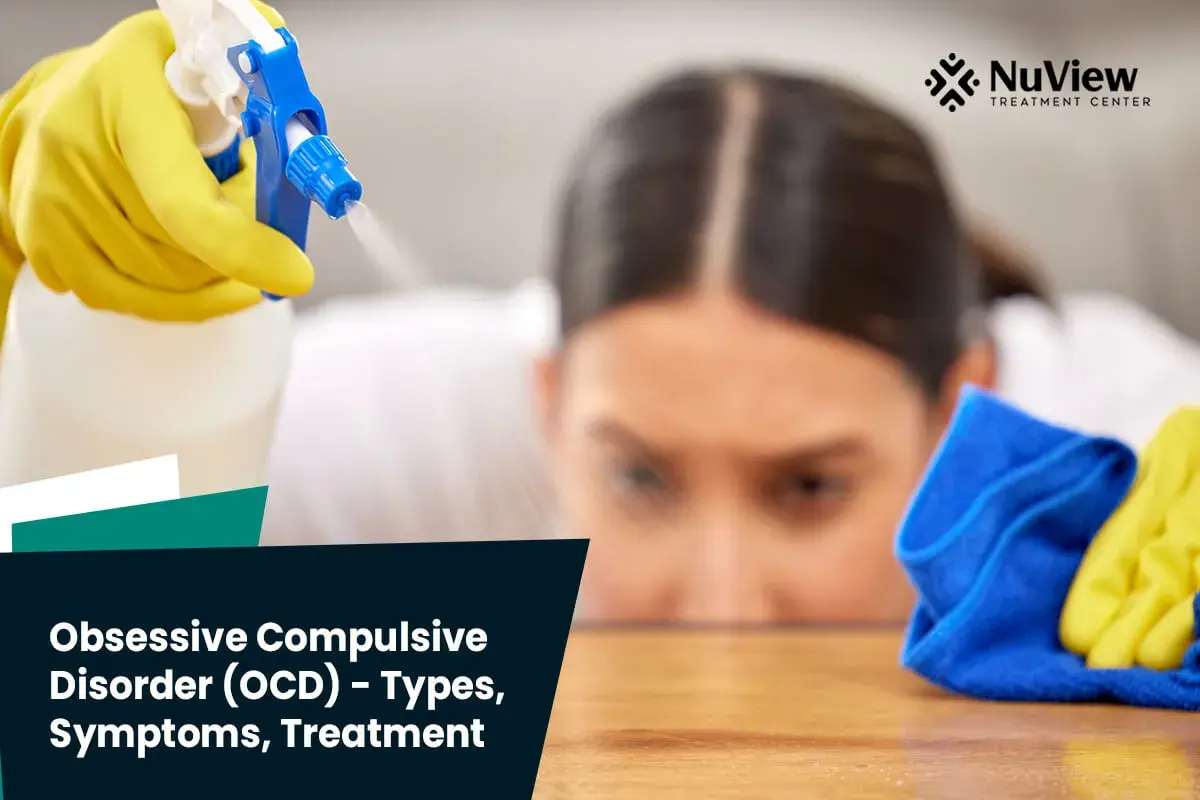
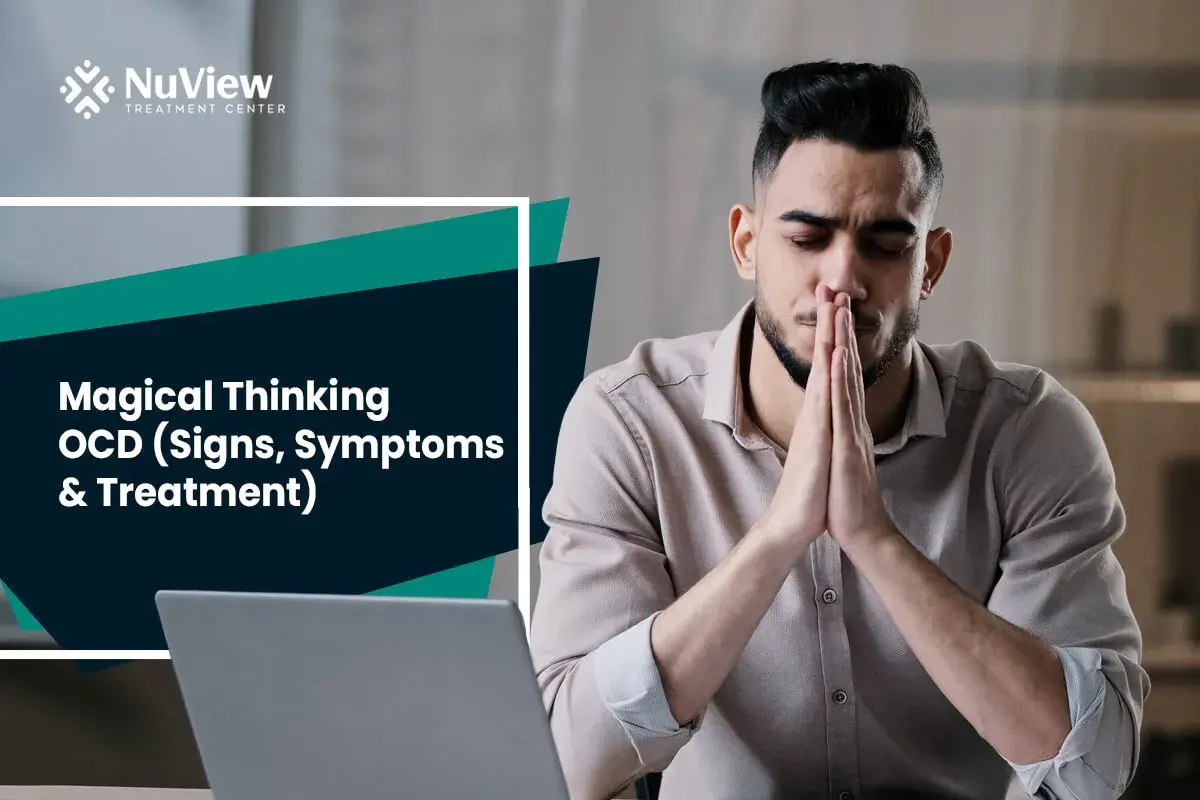
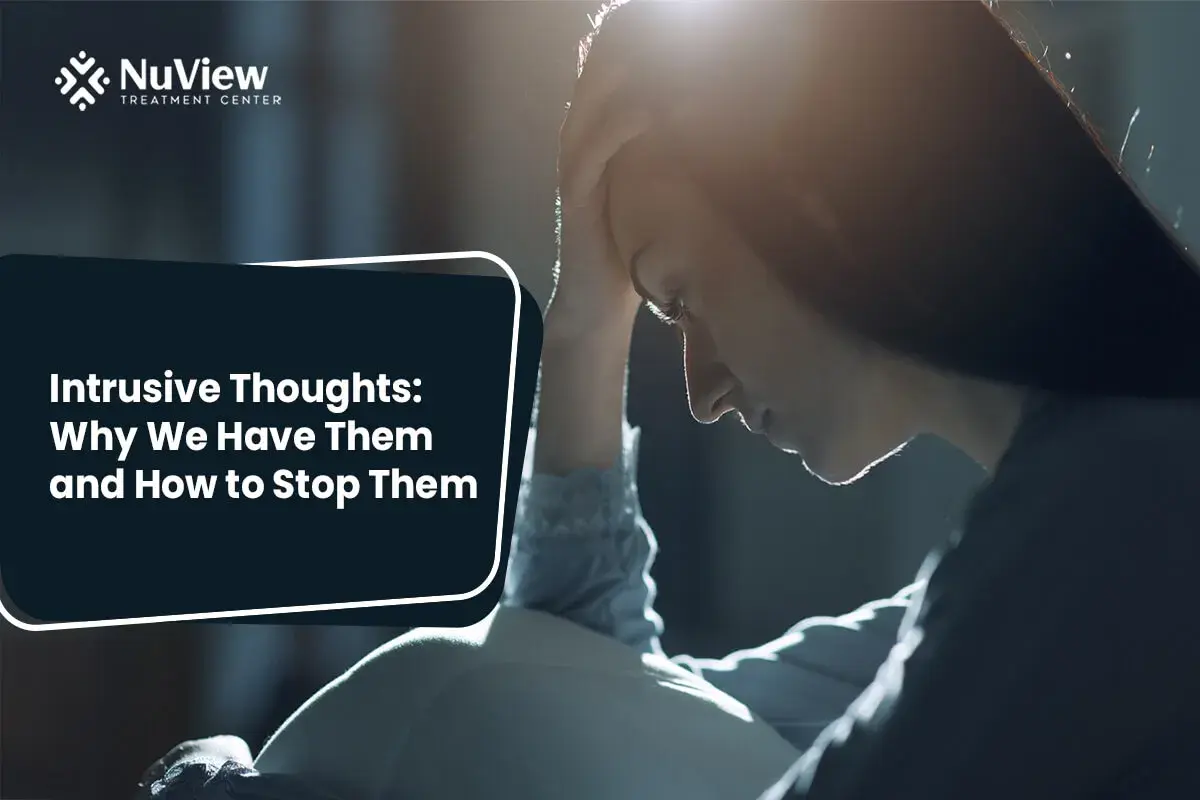
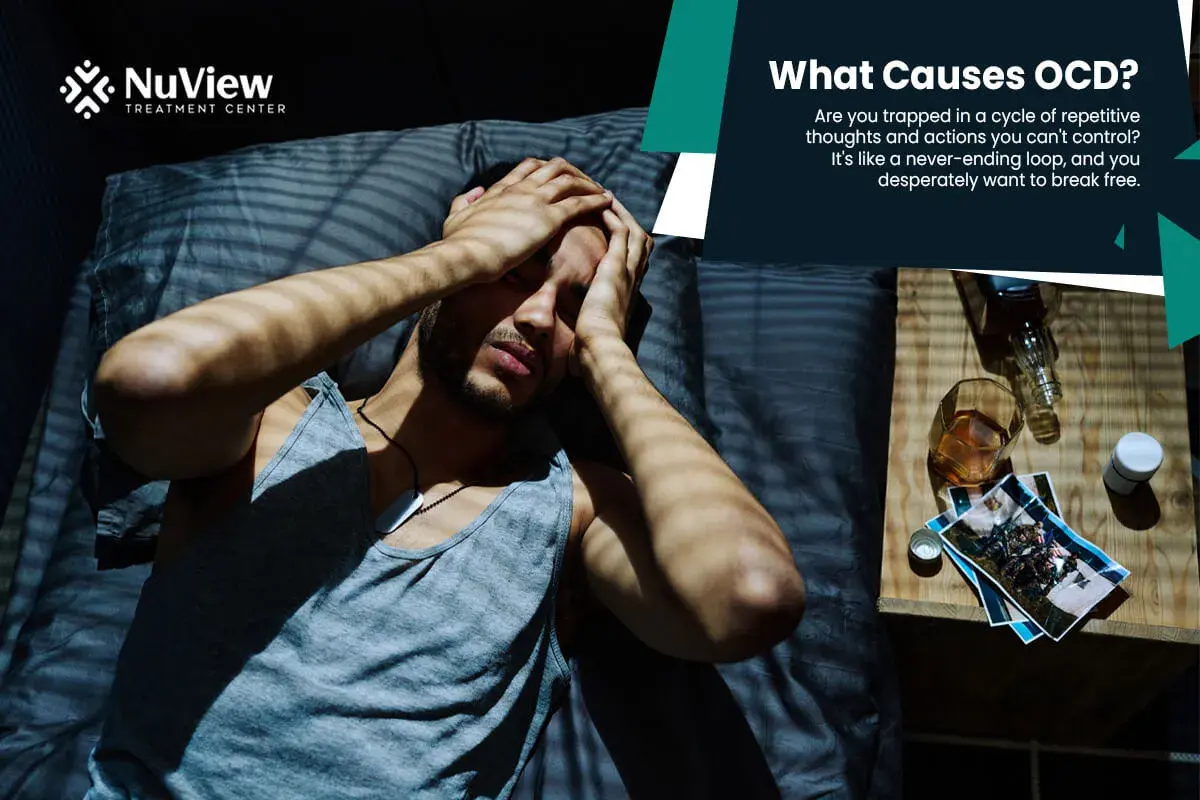



Written By
Dr. Ryan Peterson